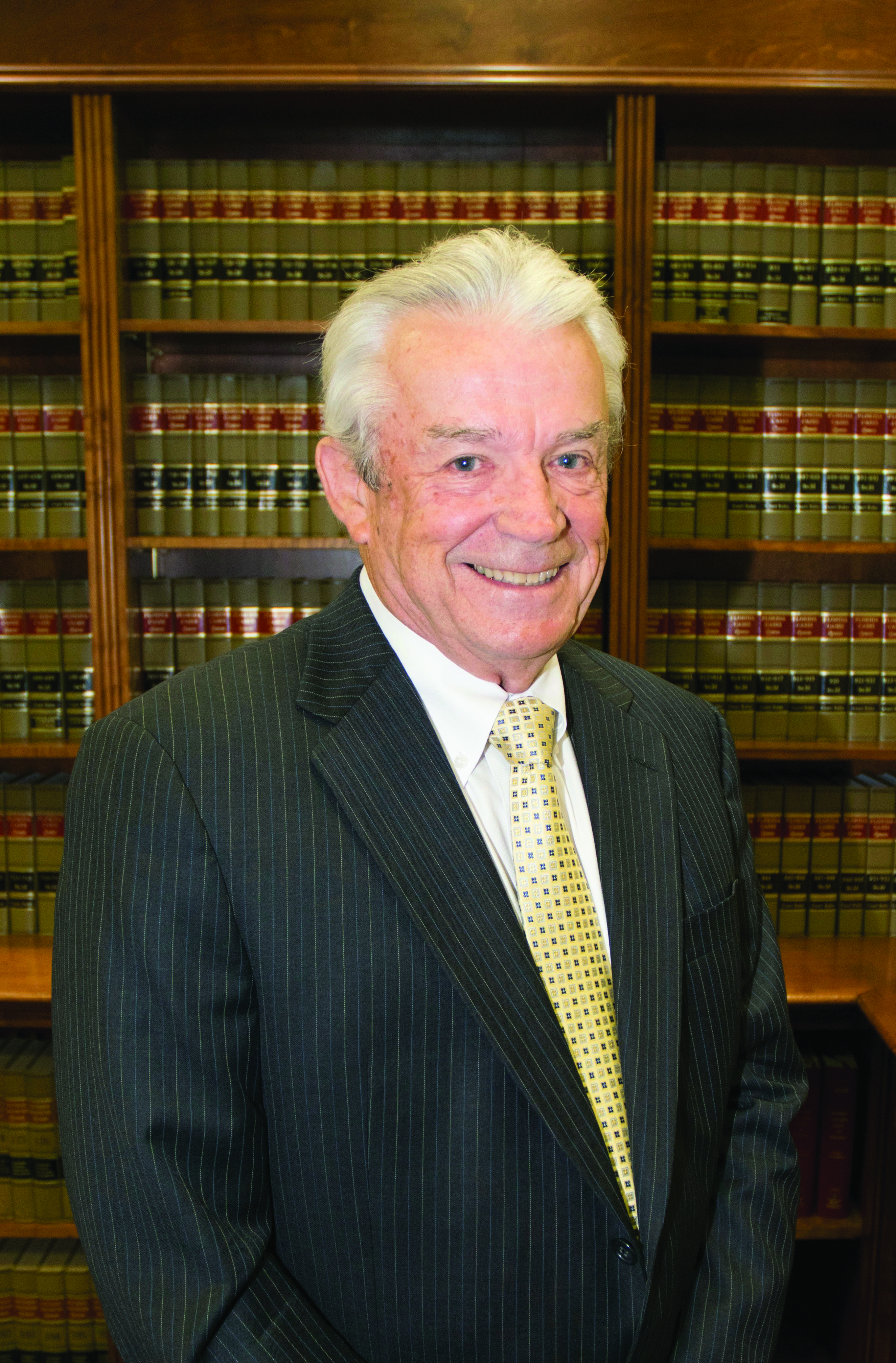In my opinion, the single most important estate planning document for a senior is a durable power of attorney.
A power of attorney is a writing whereby a principal designates an agent and gives that agent the power to accomplish certain tasks on behalf of the principal. It is critical in being able to implement long-term care planning strategies in the event of the mental incapacity of the senior.
One reason the power of attorney is becoming increasingly important is due to a durable power of attorney statute enacted in Florida effective October 1, 2011. The statute makes some sweeping changes in the law, and it is our advice to our clients that they are almost always better to get a post 2011 power of attorney.
One of the most fundamental changes is “no blanket authorization.” For example, you might see an older power of attorney that states, “I empower my agent to do anything that I could do personally.” Under the 2011 statute, that statement is meaningless and no power is conveyed by the power of attorney unless such power is expressly set forth in the document.
In our practice of helping seniors and their families handle the potentially devastating financial effects of long-term care in a skilled nursing facility or assisted living facility, if the senior is mentally incapacitated, we need to have an agent who is empowered to perform the functions that may be necessary to protect the senior and/or the senior’s spouse. Therefore, we want to see these specific authorizations in the power of attorney document.
In addition to the requirement for specific authorization, with respect to “special powers” under the statute, no such powers are conveyed by the document unless they are in separately initialed paragraphs. Special powers are generally powers that convey with them the ability to modify the principal’s estate plan. These powers are going to be essential for many of the necessary long-term care planning strategies.
Some additional things to be aware of are:
- The statute specifically provides for the appointment of successor agents;
- Unless drafted differently, the appointment of joint agents empowers either agent to act without the joinder of the other;
- Issues with respect to whether or not your agent has accepted the job are clarified under the statute as are the fiduciary duties owed by the agent to the principal;
- Third parties (financial institutions generally) must accept or reject the power of attorney and give their reasons for rejection in writing within four business days.

Michael D. Fowler is the founding attorney of The Estate, Trust & Elder Law Firm, P.L., located at 2940 S. 25th Street, Fort Pierce, FL 34981. Michael is Board Certified by The Florida Bar in Wills, Trusts, and Estates and is also Board Certified in Elder Law.
